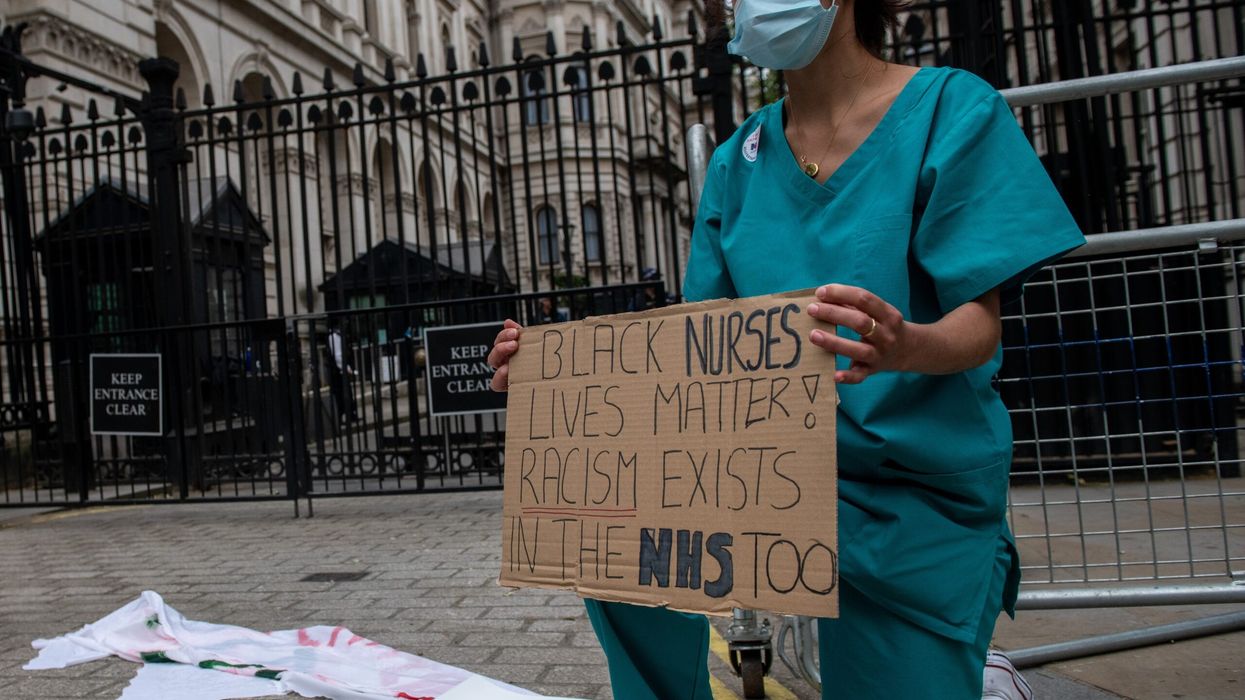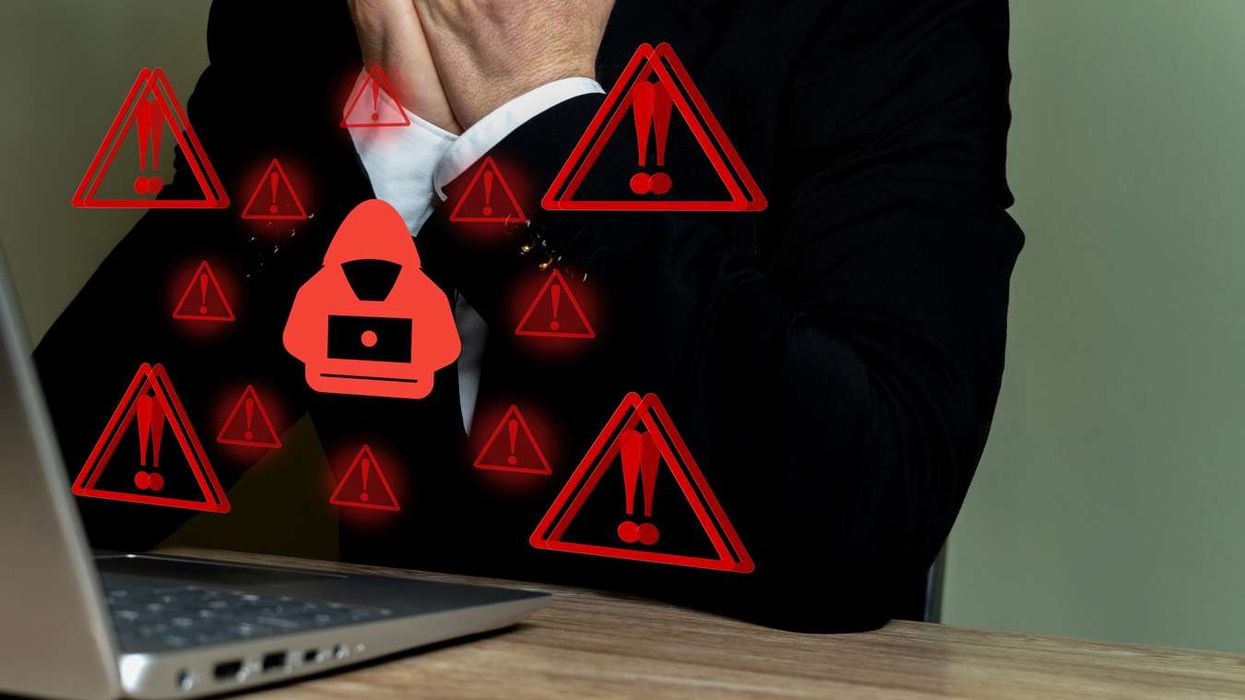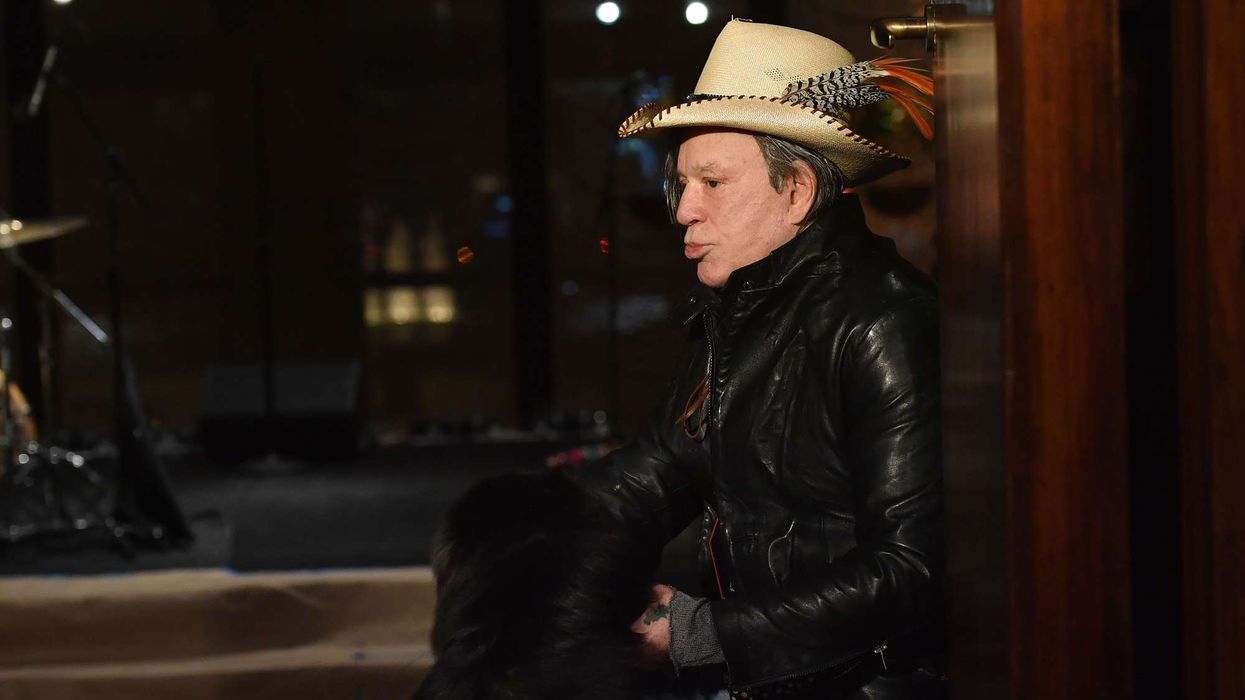VICTIMS of racism are being attacked for speaking out and highlighting the problem, former chief crown prosecutor, Nazir Afzal, has told Eastern Eye.
His comments come as the Nursing and Midwifery Council (NMC) has asked Afzal to head a panel to investigate its internal culture.
The 61-year-old is no stranger to investigating toxic cultures.
Last year, his panel concluded that the London Fire Brigade was "institutionally misogynist and racist".
“People of colour who are in positions of leadership of will tell you, as I will tell you, that we are not immune from racism, that we are not vaccinated against it,” Afzal said. “Sometimes racism appears in very sophisticated forms, and sometimes it appears in surreptitious forms.
“It's a really bizarre thing if you are the victims of racism.
“We are attacked, because when we diagnose it, and try and fix it, when we say something is racist, we're attacked for doing that.
“The thing with racism is that nobody is allowed to speak about it because of the culture war that we're in.”
The NMC regulates more than 808,000 nurses and midwives in the UK.
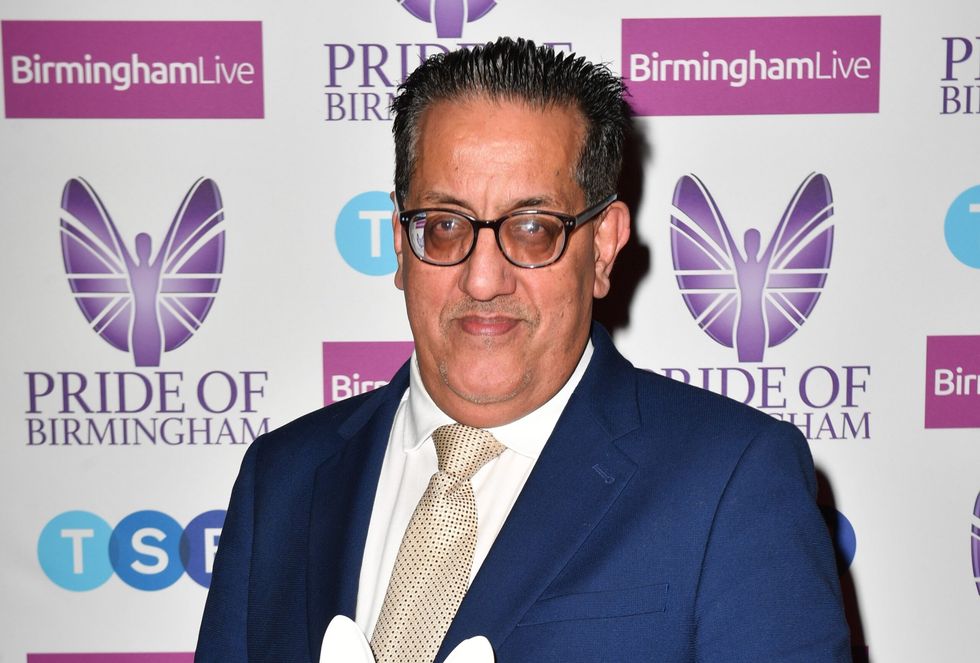
It includes looking at a culture of “racism, sexism and a lack of freedom to speak up”.
Its chief executive and registrar, Andrea Sutcliffe said, “We’re here to protect the public, and to do that, every colleague at the NMC needs to feel valued and be supported to deliver our purpose effectively.
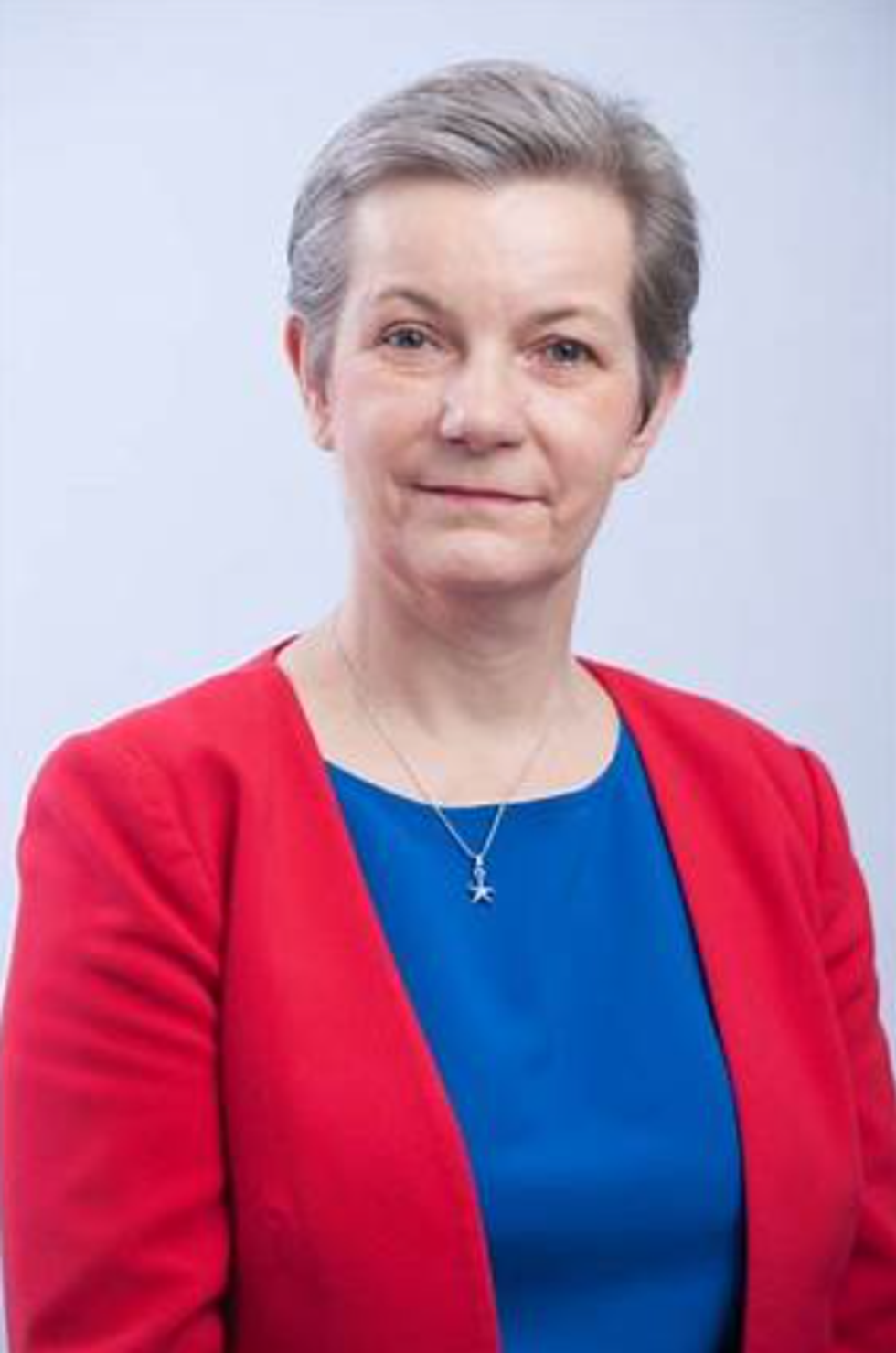
“It’s essential we foster an open, inclusive and high performing environment in which we all feel able to thrive.
“We need our colleagues to feel empowered to deliver all our regulatory work effectively, making fair decisions that keep the public safe.
“We welcome this golden opportunity to get to the root of the issues highlighted and make a meaningful and permanent step change that will benefit our colleagues, the professionals on our register and the people we’re here to serve.”
Public safety
Afzal said his inquiry is meant to make sure the regulators can keep the public safe.
“Nursing and midwifery are the bedrock of healthcare, but there have been too many care scandals in recent years where a defensive culture within health and care services has caused great harm, and that’s why it’s so important we have a high performing regulator to keep the public safe.
“Over the next four months, we intend to get to the heart of the NMC’s culture and the way this affects its work and do everything we can to help ensure every member of staff enjoys dignity at work, feels empowered to speak out and is able to act on complaints and put the health, safety and wellbeing of the public first.”
This is thought to be the third external investigation commissioned by the regulator.
Last November (15), the NMC said it was “close to finalising the terms of reference for Ijeoma Omambala KC’s investigations into concerns about fitness to practice cases”.
That followed stories in The Independent newspaper which reported that nurses accused of serious sexual, physical and racial abuse were being kept on wards because people who complained to the NMC were being ignored.
In its terms of reference, the regulator has promised to learn lessons.
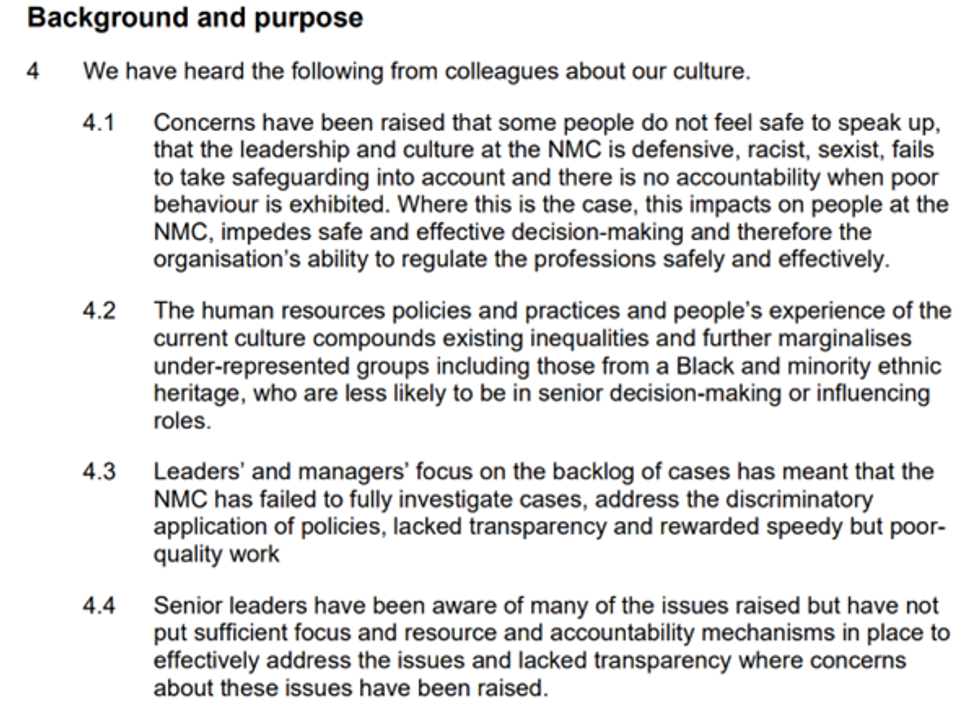
Historic racism
Nursing has been a hotbed of racism, with complaints spanning decades.
Most recently, in January 2023, a black nurse, Michelle Cox from Liverpool, won an employment tribunal against NHS England and Improvement (NHSE&I).
The panel heard that Cox faced discrimination, harassment and victimisation from her employer.
NHSE&I did not uphold her whistleblowing claims after she raised her complaint.
In June 2022, the Royal College Nursing (RCN) published a survey of almost 10,000 members which showed that racism was endemic in health and care with white nurses twice as likely to get promoted as black and Asian staff.
Managers who received complaints, said the report, denied there was a problem and lacked compassion and understanding.
It is a view shared by the founder and director of British Sikh Nurses, Rohit Sagoo.
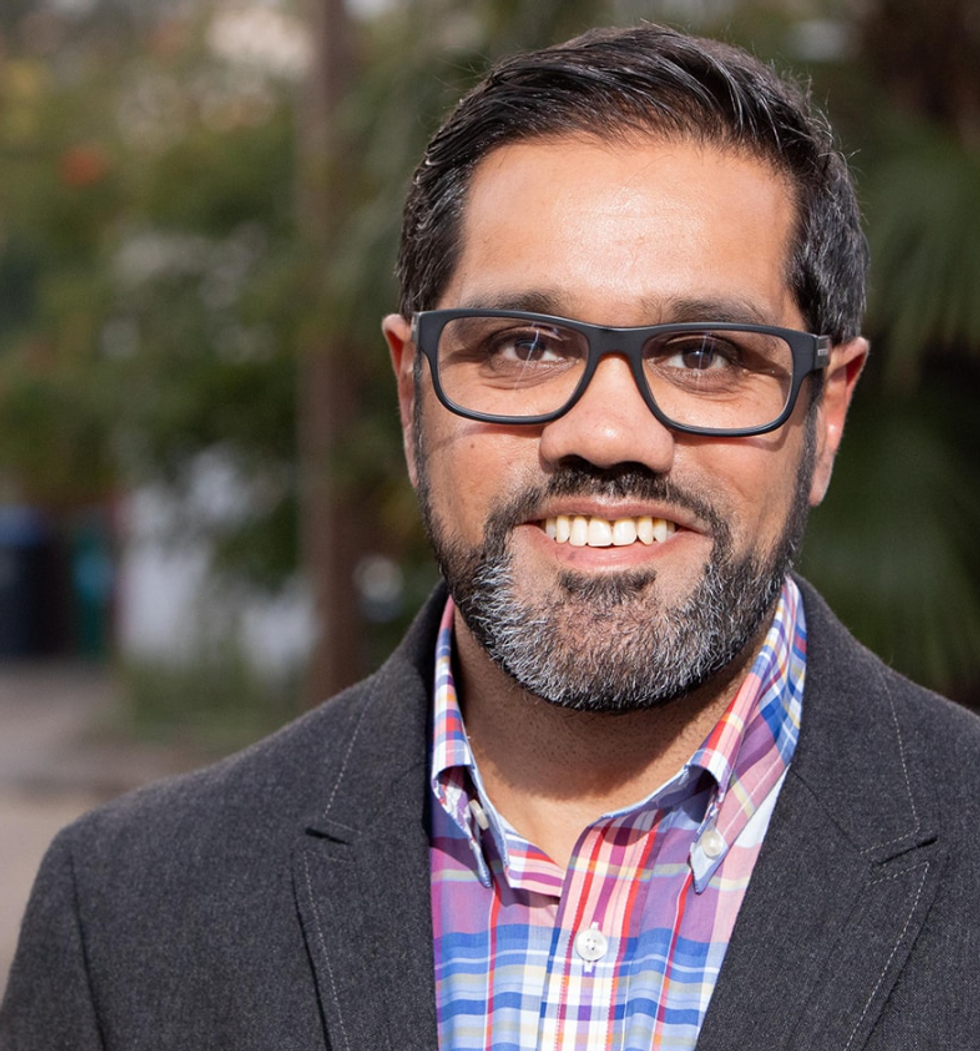
“It's pretty toxic, and it's pretty awful as well,” he told Eastern Eye. “There are barriers that exist in terms of career progression, and lots of micro aggressions within the workplace.
“Sometimes it can be difficult to report, and in some instances, complainants aren’t 100 per cent believed in what they're going through.
“It's very difficult to access the proper support that you need as well, and what black and Asian nurses face is never direct, it's always indirect or covert.”
He said that much of the racism was down to small things where south Asian and black nurses were treated unnecessarily worse than white colleagues.
“You're [the managers] not planning shifts properly, or not given proper days off or the allocation of work isn't fair in terms of what they do.
“Sometimes they're [black and Asian nurses] sent to do work that is probably beyond their skills, or they’re placed in delicate situations.
“But I think what it mostly is, is not understanding, it's that communication which create problems.”
Sagoo would like the inquiry to look at the way international nurses are treated and reported to the NMC.
“We've got the NICE guidelines in terms of what we do here, but international nurses may not be as familiar with them,” he explained.
“So, they may make a couple of mistakes that can be rectified there and then, as opposed to turning around saying, ‘Okay, we're going to report you for this because it's unsafe practice.’
“These are the things that they do, they'll just jump on reporting actually saying, we can deal with this internally and support your training a little more.”
In a statement to this newspaper, Sutcliffe said, “We’re very sorry to any colleagues who haven’t felt safe at work, or who have experienced racism or sexism.
“We want everyone to feel supported, safe, and able to thrive in the workplace.”
Institutional racism
The former head of the Crown Prosecution Service in the north-west of England (CPS), Nazir Afzal is expected to report to the council in June.
His work is highly regarded and are often vehicles for change.
Speaking before the announcement, Afzal told Eastern Eye about his inquiry into the London Fire Brigade.
“It was commissioned by the mayor of London and the commissioner of London Fire Brigade.
“I found the fire service to be institutionally racist, misogynist, homophobic, and with industrial levels of bullying and harassment.
“It then led to enormous reckoning amongst fire services throughout the country.
“South Wales Fire Service was taken over by the Welsh government which will looking into its core commitments.
“So, all fire services are looking at themselves, they had no choice, because people who their staff felt emboldened after our review, to speak up about this.
“Now, the national fire chiefs brought in an urgent plan to address it, that has been a game changer.”
In a wide-ranging interview with Eastern Eye, Afzal said that he was disappointed by the rhetoric of ministers of colour, and the prime minister, Rishi Sunak, especially when talking about migrants.
“I was absolutely, like most of us were, thrilled when at last we had a brown person in the most senior political rank in British society,” he said. “I was delighted for him and his family, but he has let me down.
“I don't know him personally, I don't know whether he said what he believed or whether it is what he thinks he has to do to remain in government.
“He's allowed himself to be hijacked by extreme forces, and he's saying things, quite frankly, which are disturbing, which are just giving succour to those on the right of his party.
“With a few exceptions, most of them unfortunately have jumped on the bandwagon because they think that they need to be on that side of the argument in order to stay in positions of power.
“How could you possibly know what it's like for a comprehensive boy born in Birmingham to live in the environments that we've lived in?
“We've been taught to get back in our place, and just stay in our place, and that really is offensive to me.
“I'm proud that I love this country, I'm proud of this country.
“It makes me sad that there are so many people who want to do it down and by doing it down, that they are not giving opportunity and potential to people who have it.”
Additional reporting by Sarwar Alam
